Tidbits - September 24, 2015 - Refugee Crisis, Solidarity; Jeremy Corbyn, Bernie Sanders, Woman Held in Mental Health Facility; Rhiannon Giddens; and more...
Portside
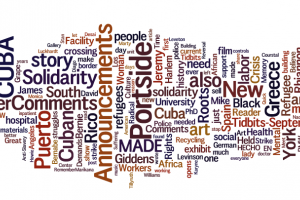 Reader Comments: Refugee Crisis, Solidarity and Worker Rights; Radical Roots of Great Grape Strike and the United Farmworkers; Jeremy Corbyn, Bernie Sanders; Woman Held in Mental Health Facility Because Police Didn't Believe Her; Rhiannon Giddens and Old-Time Music's Black Roots;
Announcements - New York and Los Angeles - Greece,Spain, Puerto Rico, South Africa, Cuba
Reader Comments: Refugee Crisis, Solidarity and Worker Rights; Radical Roots of Great Grape Strike and the United Farmworkers; Jeremy Corbyn, Bernie Sanders; Woman Held in Mental Health Facility Because Police Didn't Believe Her; Rhiannon Giddens and Old-Time Music's Black Roots;
Announcements - New York and Los Angeles - Greece,Spain, Puerto Rico, South Africa, Cuba

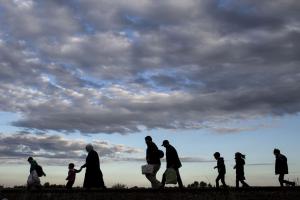
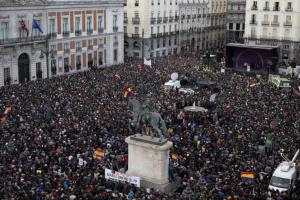

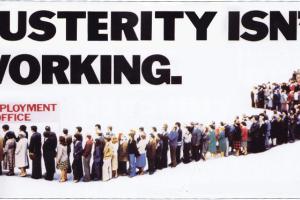
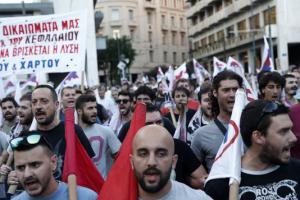
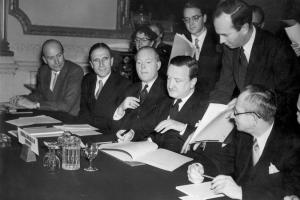
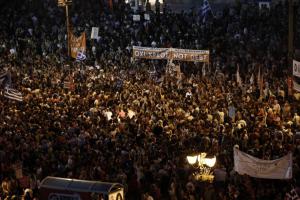
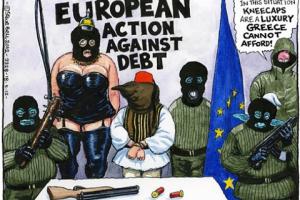

Spread the word